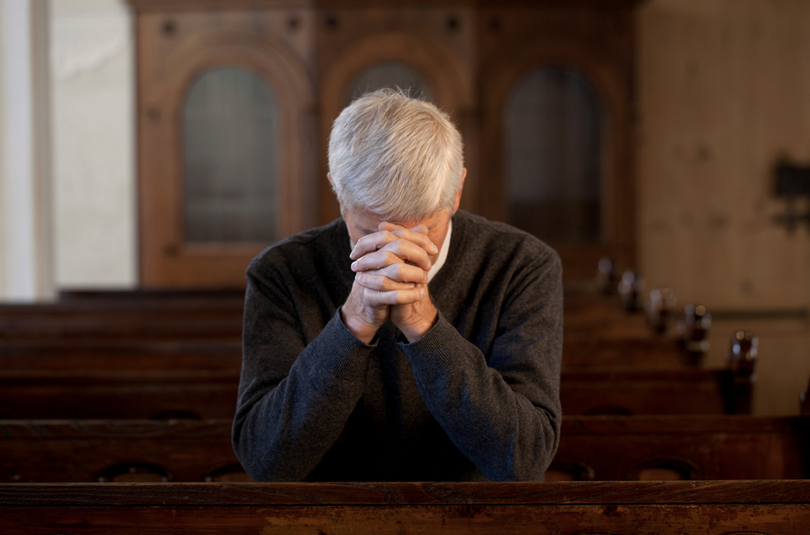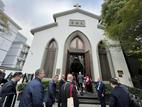"In our church, anyone, once they reach the age of 55, must step down from the position of church leader," said Reverend Chen, a retired church leader in a northern region.
He stated, "In terms of succession or passing the torch, our church started planning early on. This is not to boast about our foresight, but because we've witnessed the severe consequences when many churches decline due to inadequate succession."
Chen also shared their church's experience. At one point, in their fifties or sixties, several qualified elders decided to step down abruptly, handing over the church's authority to younger workers. The older elders told them, "We may lack education, but you don't. You all have graduated from theological seminaries, so we trust you."
"At that time, we were very puzzled. We were very young and lacked experience without a desire for power. We never expected them to entrust the church to us," the pastor recalled. "But we had no choice but to face it head-on."
On the contrary, in the following ten to twenty years, many nearby churches faced challenging situations, he continued. Many older individuals clung to leadership positions and were unwilling to step down. Being picky and choosy, many elderly pastors were dissatisfied and uneasy about the young staff members. In such circumstances, many young ones left, causing church splits.
"We started planning early, focusing on the training and succession of young workers to allow them to step up," he said. "And our church emphasized truth early on. Although young church workers may not possess the same level of qualifications as the older pastors, they had the truth."
For young staff members, Chen emphasized the importance of becoming exemplary believers who have a solid foundation of faith and gain recognition from others. They also needed systematic theological training to lay the groundwork for serving the church.
Based on their gifts and characteristics, young church workers were guided to serve in appropriate roles. If they performed well and met the requirements, the church would place them on the core team to serve alongside the church leaders.
Reverend Chen, now over 55, has stepped down from the position of church leader and has become an ordinary staff worker. The new church leader in their church has gone through three terms, totaling nine years, within the core leadership team. During this time, young workers or aspiring leaders were actively involved, participating in meetings, discussions about important matters and the organization of significant events. If they had any confusion or misunderstandings, Chen and other church leaders would explain. After this nine-year apprenticeship, these aspiring leaders became familiar with the church's operational mechanisms, and then the senior ones could step down.
In Chen's church, the retirement age for church leaders is 55. After stepping down, they can continue as ordinary workers and form a supervisory committee, known as the Board of Elders. The Board only intervenes if a church leader seriously violates church regulations; otherwise, they do not interfere.
Chen's philosophy regarding the retirement system for church leaders is largely derived from the Book of Numbers in the Bible. The age range for the Levites serving as priests was from 30 to 50. "In that era, the age range of 30 to 50 meant something significant. It was the golden age in a person's life. Serving as priests during this age was the most suitable," explained the pastor.
When convincing the retiring church leaders, Pastor Chen told them, "Actually, for us old workers, working for another ten years is acceptable. The church temporarily functions better in our hands than those young ones. But the problem lies in the next ten years; it will be completely different. If the church continues in our hands, it will hinder the growth of those young ones."
He acknowledged that some young staff members currently have certain immaturities, but it will be different in ten years. As long as the young workers continue on the right path, they will grow. However, if there is no transition now, the current church leaders can hold on for a few more years. But if they were not given positions, their leadership quality will deteriorate.
Chen stated that he had heard of a case where the leader of a house church stepped down, not formally retiring, likely with the idea of letting young one try. However, a year later, when he wanted to return, he found it challenging. Many church staff worked behind the scenes and removed the church leader. He was furious, but after significant efforts, he finally returned to the leadership position. However, after all this, the church also split.
The pastor concluded, "Unwillingness to retire and pass on may be the norm for many churches and even the entire Chinese church now."
- Translated by Abigail Wu












